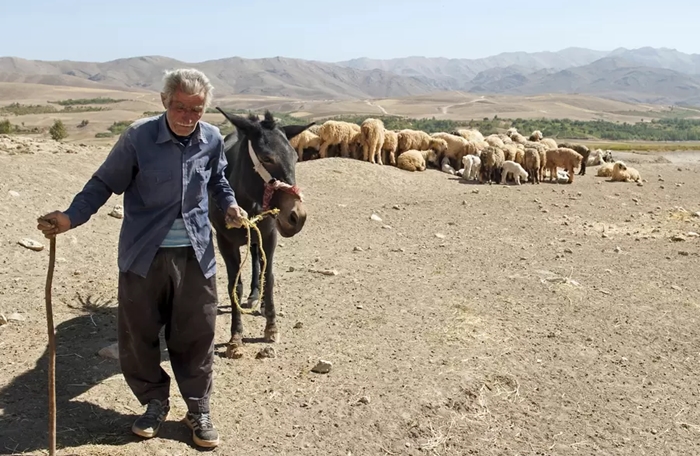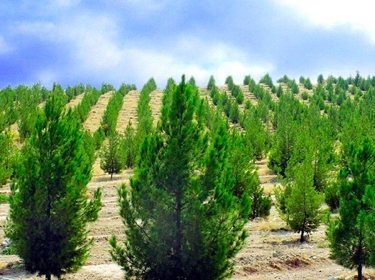From 13-17 November 2023, Samarkand Uzbekistan hosts the twenty-first session of the Committee for the Review of the Implementation of the UN Convention to Combat Desertification (UNCCD).
At the opening of its first-ever meeting held in Central Asia, the UN Convention to Combat Desertification (UNCCD) unveiled new data showing land degradation rapidly advancing in the region and around the world, UNCCD said in a press release.
Between 2015 and 2019, the world lost at least 100 million hectares of healthy and productive land each year. This adds up to 420 million hectares, or 4.2 million square kilometres, slightly over the combined area of five Central Asian nations: Kazakhstan, Kyrgyzstan, Tajikistan, Turkmenistan and Uzbekistan.
These statistics underscore the need for urgent action, as escalating land degradation continues to destabilize markets, communities, and ecosystems around the globe.
According to the UNCCD Data Dashboard, over 20 per cent of the total land area in Central Asia is degraded, equivalent to roughly 80 million hectares, an area almost four times the size of Kyrgyzstan. This affects an estimated 30 per cent of the region’s combined population.
For the first time, an open Data Dashboard compiles national reporting figures from 126 countries, allowing users to explore the trends in their own regions and countries.
UNCCD Executive Secretary Ibrahim Thiaw said: “The first-ever UNCCD Data Dashboard offers an eye-opening insight into rapid loss of healthy and productive land around the world, with dire consequences for billions of people. At the same time, we are seeing some ‘brightspots’—countries effectively tackling desertification, land degradation and drought. As we gather in Uzbekistan this week to review global progress towards ending land loss, the message is clear: land degradation demands immediate attention.”
Land restoration brightspots
Despite a bleak global picture, there are examples of countries effectively tackling desertification, land degradation and drought.
While Uzbekistan reported the highest proportion of degraded land in the Central Asia region, it also saw the largest decrease – from 30 per cent to 26 per cent – compared to 2015. A total of 3 million hectares of land in Uzbekistan have been degraded due to the drying of the Aral Sea. Between 2018-2022, Uzbekistan carried out saxaul planting on an area of 1.6 million ha to eliminate salt and dust emissions from the drained bottom of the Aral Sea.
Kazakhstan increased irrigated lands by 40 per cent, expanding the total irrigated area to 2 million hectares. In Kyrgyzstan, some 120,000 hectares of pastures and forests are now under sustainable land management, including a pasture rotation system. Turkmenistan committed to restoring 160,000 hectares under its national forestry program by 2025.
Land Degradation Neutrality goal still within reach
Despite regional variations in land degradation, UNCCD data indicates that if current trends continue, a staggering 1.5 billion hectares of land worldwide will require restoration by 2030 to achieve the targets set forth in the Sustainable Development Goals (SDGs).
According to Barron Orr, UNCCD Chief Scientist, “Although global trends are going in the wrong direction, it is still possible to not only meet but exceed land degradation neutrality goals. This can be done by stopping further degradation while accelerating efforts on existing commitments to restore one billion hectares of land by 2030 with funding and action hand-in-hand.”
Between 2016 and 2019, approximately USD$ 5 billion in bilateral and multilateral funding was channeled into global efforts to combat desertification, land degradation, and drought. This enabled 124 countries to launch a wide range of projects aimed at addressing these challenges.
In a significant step towards achieving land degradation neutrality, all Central Asian nations have joined the UNCCD LDN target-setting program, bringing the total number of participating countries to 131. Half of the LDN targets set by Central Asian countries have already been met, with projects to deliver on the remaining commitments currently underway. ///nCa, 14 November 2023 (based on the UNCCD press-release)
#UNCCD, #desertification, #land_degradation, #Central_Asia

